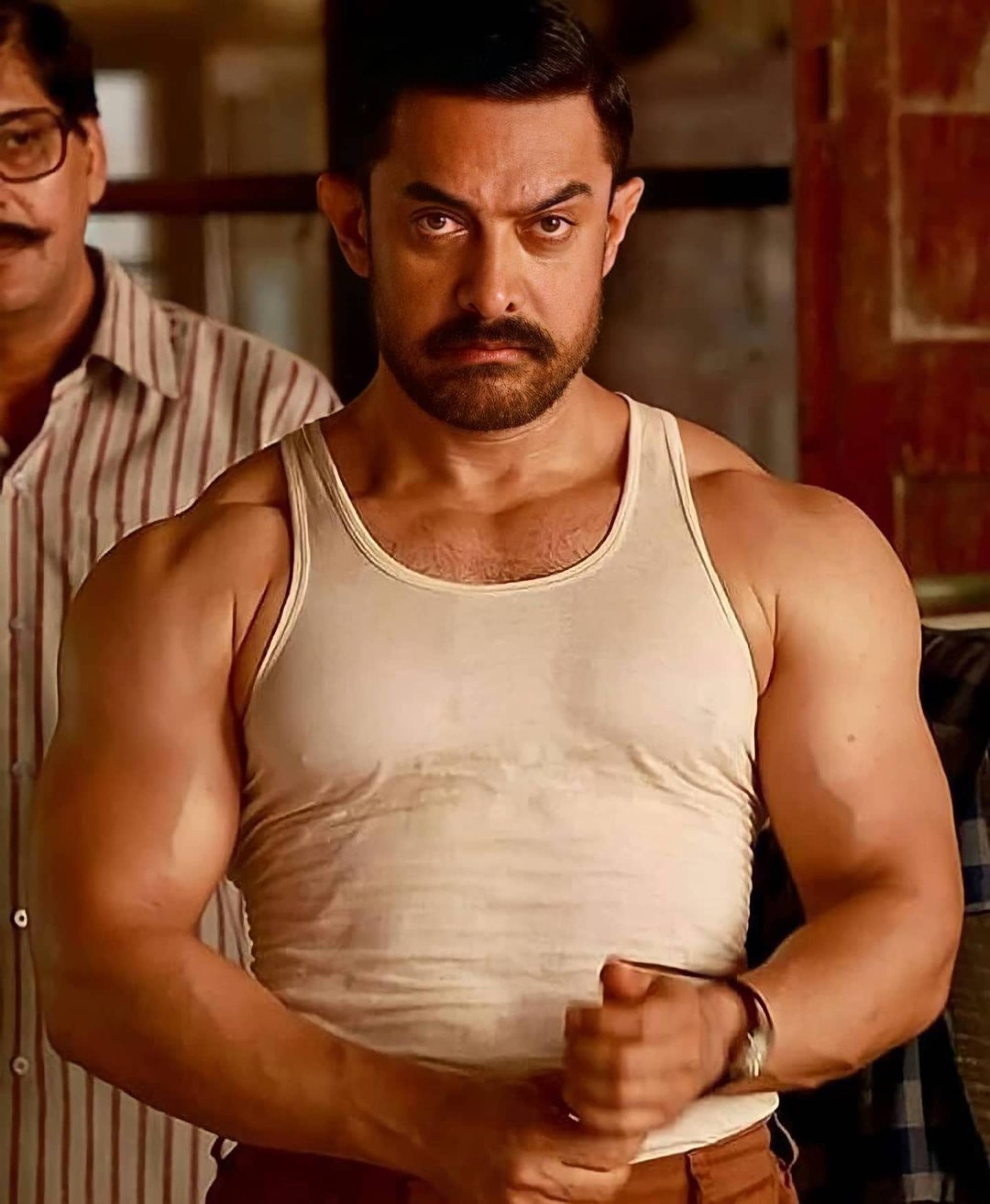Bollywood star’s sudden death reignites India’s quick-fix beauty treatment debate
The death of Shefali Jariwala, 42, a user of anti-ageing injections, has raised concerns about cosmetic treatment safety and heart-related deaths among young adults

The sudden death of Bollywood actress Shefali Jariwala, a long-time user of anti-ageing injections, has reignited concerns in India over quick-fix beauty treatments and a rising toll of cardiac events among seemingly healthy young adults.
Jariwala, 42, died last week at her Mumbai residence after a suspected massive cardiac arrest. According to police, she had been using anti-ageing injectables for several years in addition to routine medication.
Police discovered two boxes of anti-ageing and skin rejuvenation tablets with glutathione and vitamins at her home. Glutathione is not approved in India, and she reportedly underwent various treatments, including intravenous infusions.
The Central Drugs Standard Control Organisation regulates pharmaceuticals in India, ensuring the safety and quality of drugs and cosmetics, and has taken steps to prevent quick-fix beauty treatments in accordance with government guidelines.
While the final autopsy report is still pending, the preliminary findings point to a sudden and severe drop in blood pressure – a common cause of cardiac arrest.
Jariwala’s unexpected death has shocked fans and health professionals, prompting fresh scrutiny of unmonitored therapies and the lifestyle choices of India’s fitness-conscious youth.
One social media user expressed confusion, asking, “Regular gym, healthy diet. Cardiac arrest at the age of 42. What is going wrong?”, reflecting the public’s concern over how someone who appeared fit and active could suffer heart failure.

Indian media noted how injectable beauty fixes have gained popularity among young people to treat skin pigmentation and dullness. Others have speculated whether such health issues might be linked to the aftermath of Covid-19 vaccinations.
Other similar tragedies have heightened concerns.
Siddharth Shukla, a popular Indian actor, died of a heart attack in September 2021, at the age of 40. Similarly, South Indian actor Puneeth Rajkumar passed away from a massive cardiac arrest at the age of 46 in October 2021.
Kamal Nahta, a film industry analyst, said concerns were mounting about whether actors are resorting to temporary solutions to preserve their looks.
“Any quick-fix method, especially for health reasons, definitely is not medically safe. And actors in their quest to look young and desirable resort to these quick-fix methods, and I think they play with their health and oftentimes play with their lives,” he said.
“I don’t know how and when it will stop.”
Part of the reason for the trend is that many in the industry were eager to secure a “larger share of the pie”, even though there is enough work available through web series and television, despite shrinking cinema audiences.
But he cited the example of veteran actor and filmmaker Aamir Khan – who put on considerable weight for his film Dangal – and subsequently lost all the extra kilos under medical supervision as a role model for others.

Cardiac arrests are increasingly affecting not just celebrities, but seemingly healthy adults under 45 – a trend reflected globally. A study in the US by Duke University School of Medicine found a 906 per cent rise in heart failure-related deaths among adults under 45 between 2012 and 2021, a far steeper increase than in older age groups.
There are multiple reasons for the surge in heart problems in India, health experts say.
It is estimated that at least one in four adults in India, or about 220 million people, are living with hypertension, according to the World Health Organization. However, only a small percentage of those with hypertension have their blood pressure under control, say doctors.
India is also often referred to as the “diabetes capital of the world”. A Lancet study recently estimated that 11.4 per cent of the Indian population has diabetes, which translates to roughly 101 million people.
Fit looks, unfit hearts
“A large number of young people suffer from coronary diseases. They may appear physically fit, but their heart health is unfit. Yet they push themselves to intensive gymming, dancing or sports,” said Aparna Jaiswal, director of the department of cardiac pacing and electrophysiology at Fortis, New Delhi.
“Many also lead a sedentary lifestyle, such as travelling mostly in their own car rather than public transport,” she said. “That is why there is a surge in the number of people suffering from cardiac arrests. Often, they have blockages in their blood vessels to their heart.”
Another reason is that numerous people in India faced a second wave of Covid due to a severe Delta variant, which led to widespread illness, she said. “A lot of people were given steroids, but they had underlying issues like diabetes which played havoc with their health,” she added.
The second Covid wave started in the middle of March 2022 and peaked about a month later, when thousands of people were rushed to hospitals, overwhelming doctors and healthcare infrastructure.
People need to change their lifestyle as well as get their metabolic conditions checked regularlyAparna Jaiswal, medical analyst
“We can now say that Covid vaccines have not been responsible for their ill health, but in some cases the Covid virus may have caused inflammation of their hearts,” Jaiswal said.
Several preventive measures can be taken, in addition to promoting awareness campaigns, she said.
“People need to change their lifestyle as well as get their metabolic conditions checked regularly. They should eat fruits and vegetables, whole foods and avoid processed and instant foods,” Jaiswal said.
“They also need to take up regular exercise.”
“Those with a family history of cardiac illness must have themselves treated and treated so as to protect themselves from the onslaught of sudden cardiac arrest,” she added.